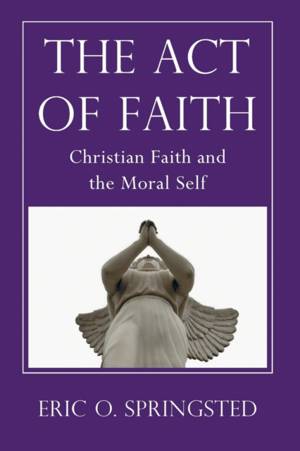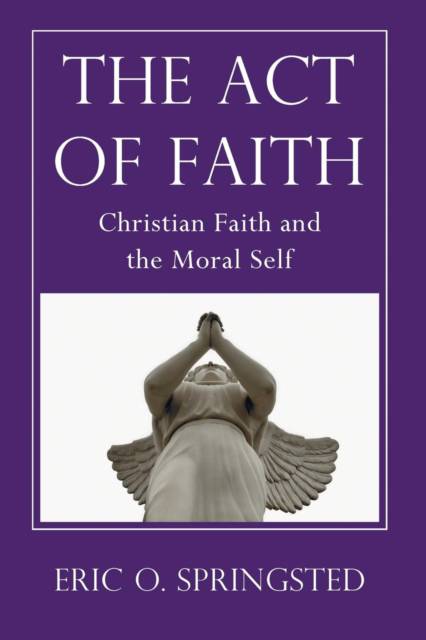
- Afhalen na 1 uur in een winkel met voorraad
- Gratis thuislevering in België vanaf € 30
- Ruim aanbod met 7 miljoen producten
- Afhalen na 1 uur in een winkel met voorraad
- Gratis thuislevering in België vanaf € 30
- Ruim aanbod met 7 miljoen producten
Zoeken
Omschrijving
While the question ""Is faith reasonable?"" has continually occupied philosophers and theologians, little attention has been paid to what faith itself is. The Act of Faith remedies this neglect by looking at what it means for a person of Christian faith to believe. Eric Springsted contrasts modern views of faith with the Christian tradition running from Augustine through Aquinas and Calvin. In reviewing such thinkers as Locke and Hume, Springsted discovers that behind modern discussions of the reasonableness of faith lie key assumptions about the human self, including the views that the good is a matter of choice and that we can exercise objective, uninvolved reason. According to Springsted, however, the church has not viewed faith in this way. His survey of the Augustinian tradition shows that the self our most esteemed Christian thinkers had in mind when talking about faith was a ""moral self""--one defined by character and self-involvement. Christian faith is at root a participation in the good, and reasoning within faith is reasoning within the life of God. Drawing on contemporary philosophers and theologians like John Henry Newman and Simone Weil, Springsted builds a fresh understanding of faith for today. He shows how the ""inner act"" of faith is ultimately a radical willingness to be open to God, and he argues that the faithful self is one that develops within a community that shapes its members through the morally formative activities of interaction, teaching, and sacramental practice.
Specificaties
Betrokkenen
- Auteur(s):
- Uitgeverij:
Inhoud
- Aantal bladzijden:
- 284
- Taal:
- Engels
Eigenschappen
- Productcode (EAN):
- 9781498220019
- Verschijningsdatum:
- 9/02/2015
- Uitvoering:
- Paperback
- Formaat:
- Trade paperback (VS)
- Afmetingen:
- 152 mm x 229 mm
- Gewicht:
- 385 g

Alleen bij Standaard Boekhandel
+ 102 punten op je klantenkaart van Standaard Boekhandel
Beoordelingen
We publiceren alleen reviews die voldoen aan de voorwaarden voor reviews. Bekijk onze voorwaarden voor reviews.











